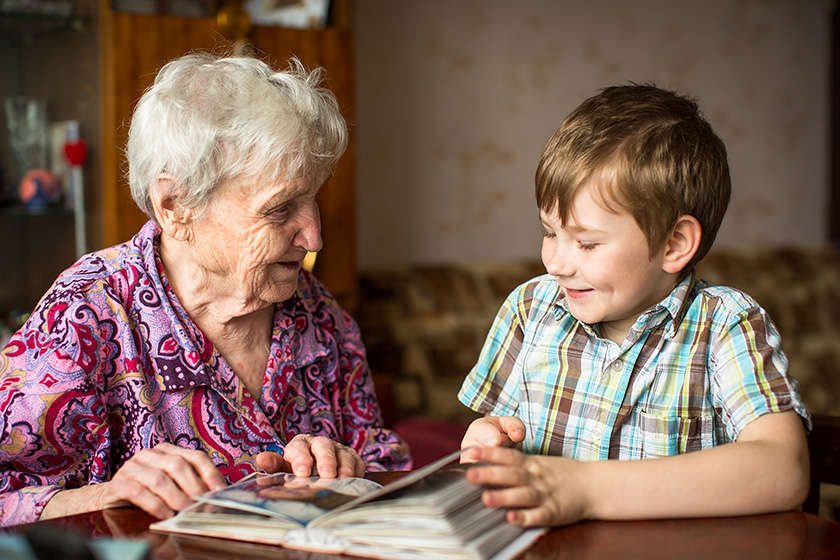Dementia can be a tricky concept to understand even for adults, let alone children. Considering that statistics have shown that more and more older adults are expected to live with dementia in the coming years, we have to be mentally prepared to explain dementia to children. In the case of your elderly parents being diagnosed with dementia, Alzheimer’s disease, or other forms of memory-loss illnesses, it’s important to let your children know about the situation in order to avoid confusion in the future and for them to better understand the health of their grandparents. While having the talk with your children will not be easy, here are ways to explain dementia to children in a more efficient and compassionate manner.
Don’t Hide Any Details
Many adults tend to disregard how smart children are. Instead of thinking of children as children, see them as adults and speak to them clearly. Unlike other more minor diseases, dementia is a progressive disease and there’s currently no cure for it. It’s crucial to let children know this particular detail so that they know their grandparents will probably be unable to see their health improve. Some children may understandably get upset by this, which is where you come in and provide comfort and support. At the end of the day, children appreciate it when adults are open and honest right from the beginning.
Remind Children that Their Loved Ones Have Not Changed
It’s relatively common for children to dissociate their loved ones from their roles as grandparents upon learning they are diagnosed with dementia. This is because children are unlikely to grasp all the workings of dementia, preventing them to be fully empathetic of the situation. Therefore, take the time to remind them that their grandparents are still their grandparents and are the same people as before. Teach children that dementia and other illnesses do not define a person and that their loved ones are not to be blamed for any behavioral changes. By relating this information, children will be more sympathetic towards their loved ones.
Prepare Children for Behavioral or Personality Changes
One symptom of dementia is behavior or personality changes, which sees older adults having mood swings unexpectedly. If children are not made aware of these circumstances beforehand, they will eventually be confused and even doubt the actions of their loved ones, thinking that their grandparents are making the behavior up. Of course, this cannot be further from the truth, so it’s extremely important to stress that such behavior cannot be controlled or helped by their loved ones. Keeping children informed helps to reduce any fear they might have while being surrounded by their elderly folks.
Encourage Children to Spend Time with Their Loved Ones
For many older adults with dementia, they may find themselves socially isolated and even lonely as they no longer have as many opportunities to socialize. As such, this is where children can come in and provide comfort and companionship. Recommend a few activities to your children in which they can partake with their grandparents, such as watching a movie, playing games, and creating an art piece. Truthfully, the possibilities are endless. As long as your elderly folks feel loved and cared for, they are bound to have a good time and will form unforgettable memories.







